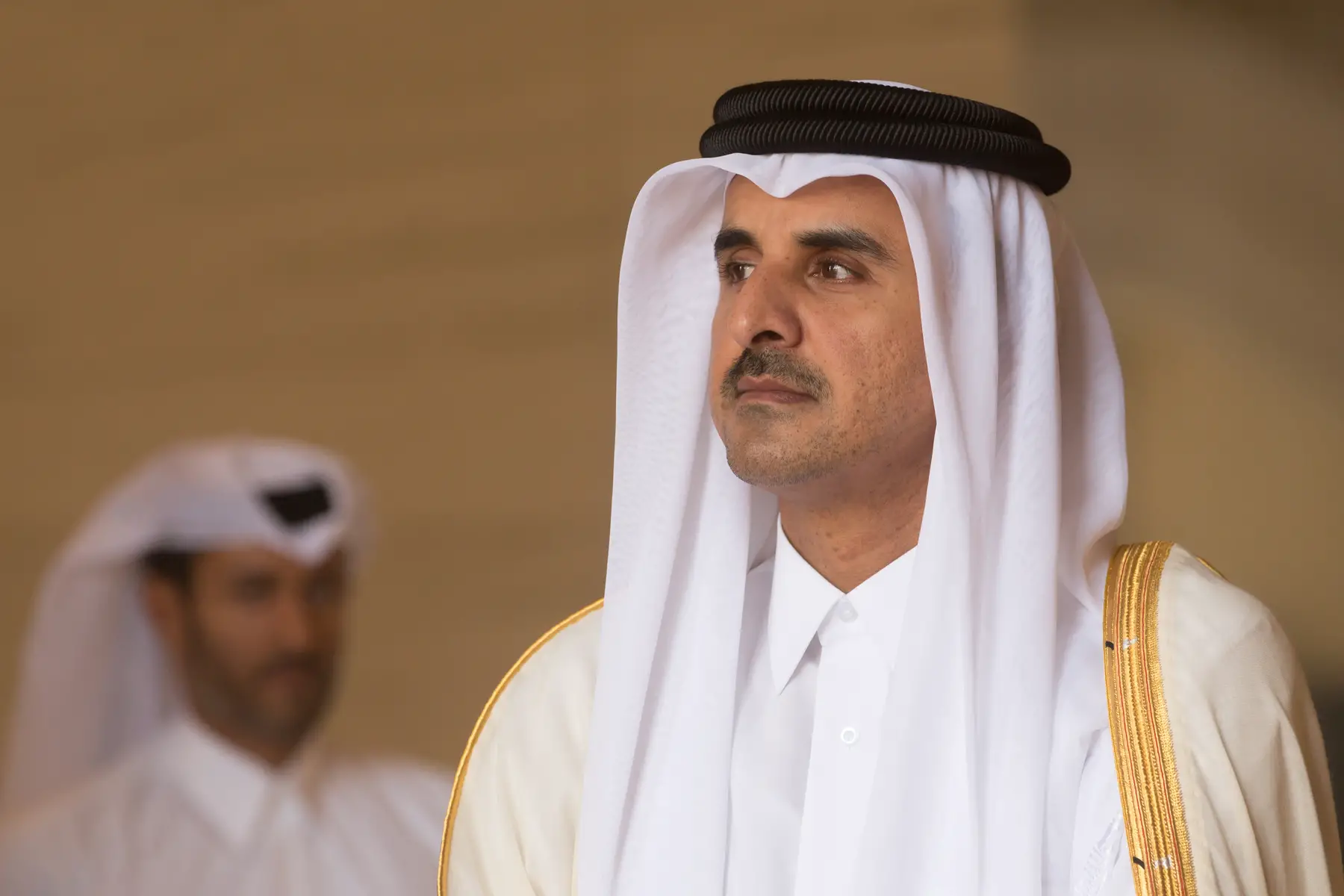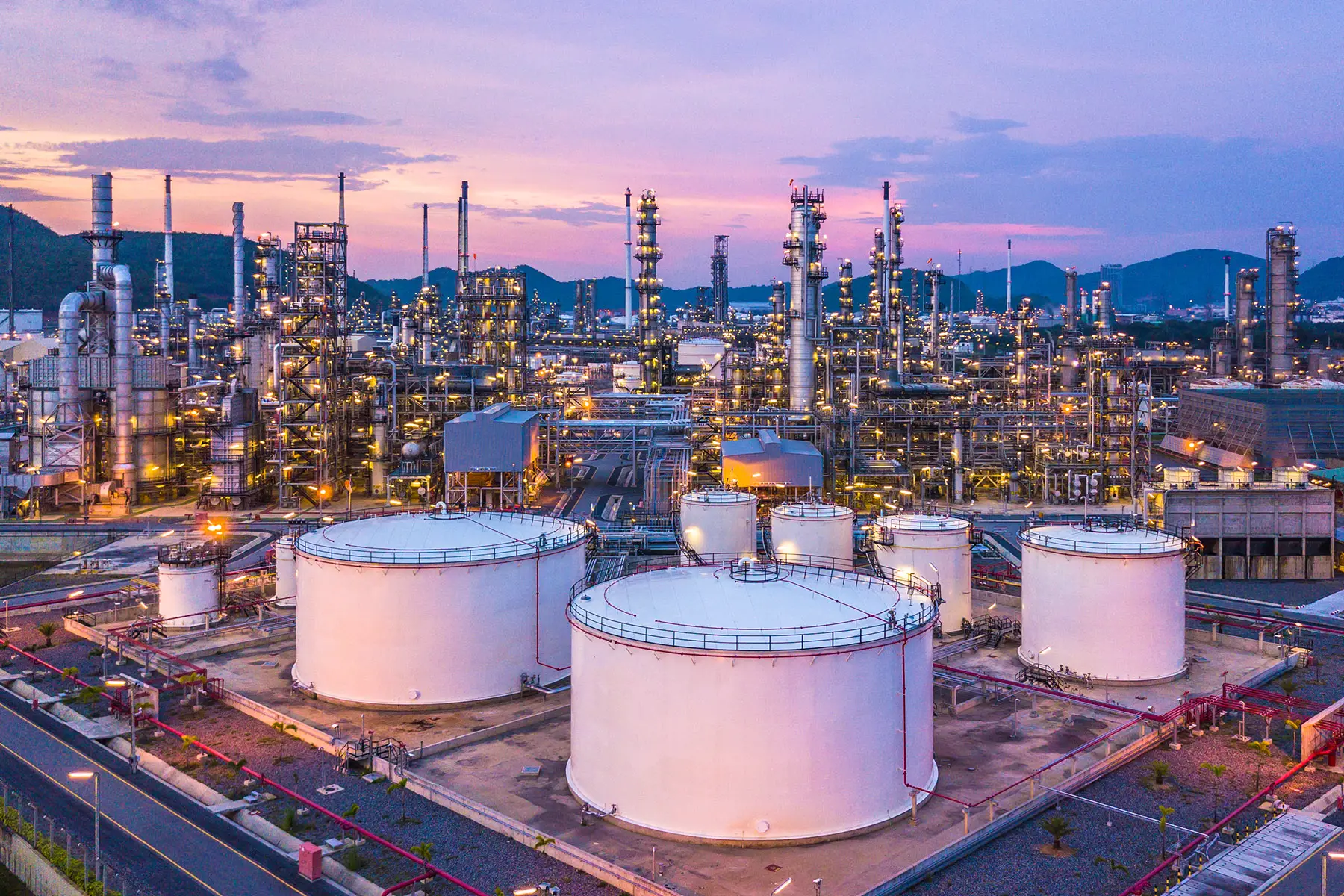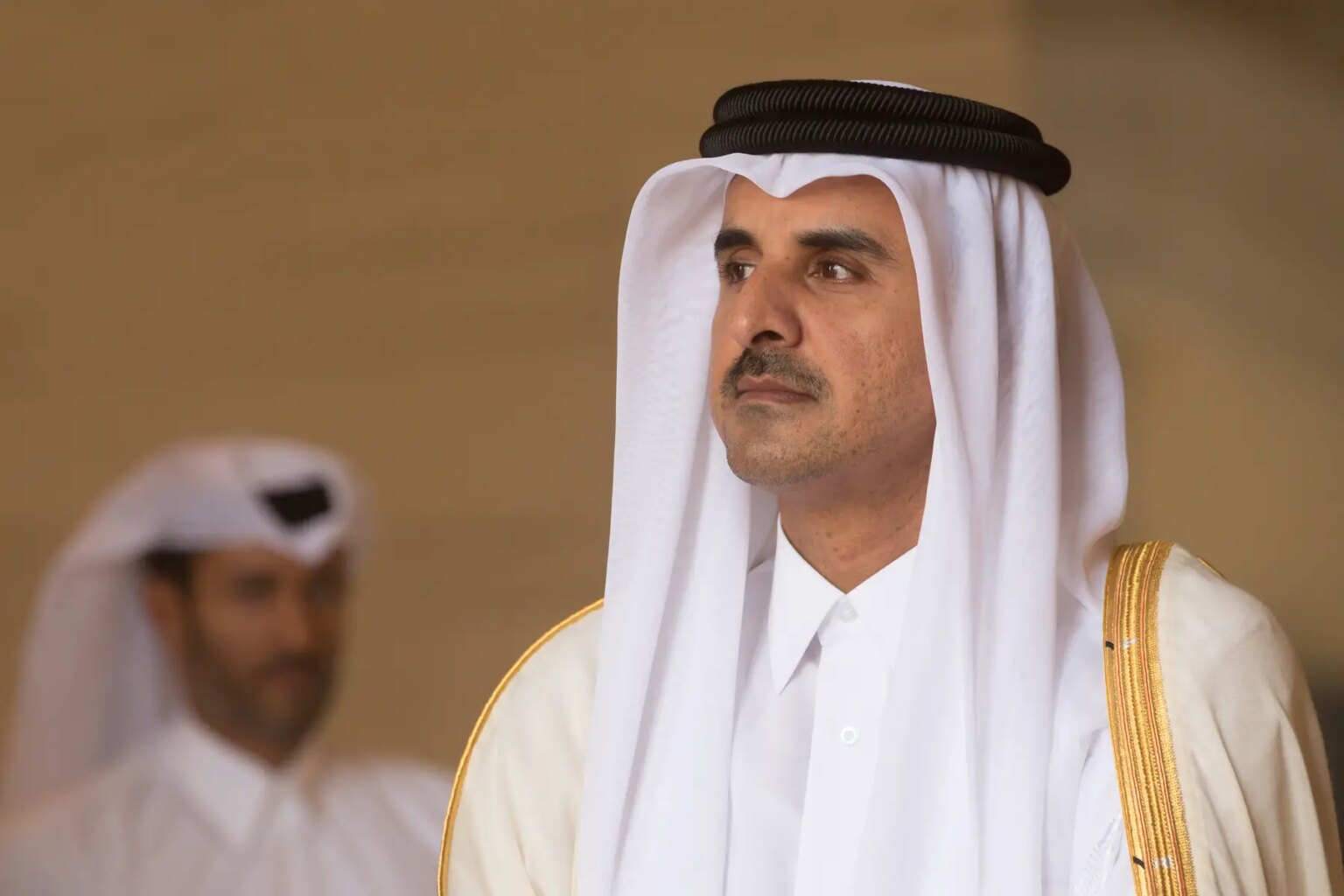With this in mind, it is important to get to grips with how politics work, including the structure of the government in Qatar, the electoral system, and voting rights. This guide includes the following:
- Government and political system in Qatar
- The Emir: who is currently in power in Qatar?
- The electoral system in Qatar
- Voting in Qatar
- Political representation in Qatar
- The political history of Qatar
- Judiciary system in Qatar
- Recent political reforms in Qatar
- Political tensions and politics in Qatar
- The state of the economy in Qatar
- Useful resources
Ground News
Get every side of the story with Ground News, the biggest source for breaking news around the world. This news aggregator lets you compare reporting on the same stories. Use data-driven media bias ratings to uncover political leanings and get the full picture. Stay informed on stories that matter with Ground News.
Government and political system in Qatar
Qatar has come a long way from its roots as a British protectorate to become the wealthy state it is today. It has made the most of the substantial proceeds of its oil and gas industries to gain a reputation on the world stage.
Qatar is technically a constitutional monarchy, but in reality, the ruler (the Emir) possesses executive power to approve or reject legislation. The Emir appoints his own Prime Minister (who is usually a family member) and the members of the legislative bodies. Ultimately, he has the final say on any laws.
Qatar doesn’t hold elections to select the Emir or Prime Minister, but the public instead takes to the polls to vote for the members of the Central Municipal Council (CMC). This 29-strong council (one member for each constituency in the state) can advise the authorities on local affairs but doesn’t possess any legislative powers.
The Emir: who is currently in power in Qatar?
The Al-Thani family has been in power in Qatar since the 1800s. Sheikh Tamim bin Hamad Al-Thani has reigned as Emir of Qatar since 2013, when his father, Sheikh Hamad Bin Khalifah Al-Thani, stepped down from the role. Tamim was educated in Britain and attended Sandhurst, the famous military academy.

The Emir’s role is wide-ranging, from convening the Council of Ministers and appointing diplomatic personnel to ratifying laws and granting pardons. In reality, the Prime Minister instead oversees some of this day-to-day work.
Abdullah bin Nasser bin Khalifa al-Thani is the current Prime Minister of Qatar. The Prime Minister’s main function is to preside over the sessions of the Council of Ministers, with the aim of achieving unity between the key departments of government in Qatar. It is the Prime Minister who signs decisions on behalf of the council. He then submits these to the Emir for approval.
The role of the Prime Minister of Qatar can be a perilous one, with the Emir having the power to sack and replace ministers as he pleases.
The electoral system in Qatar
Political parties are banned in Qatar. The country’s first-ever legislative elections took place in October 2021 to elect 30 members of the 45-seat Shura council. This council takes an advisory role and has limited power on defense, security, economic, and investment issues.
A referendum to scrap short-lived legislative elections was held in November 2024. It passed the constitutional amendment with more than 90% of the vote, ending a flirtation with democracy in the Gulf monarchy.
Voting in Qatar
Since 1999, Qatari citizens have been allowed to vote in municipal elections for members of the CMC. The elections are open to all citizens aged 18 or over, with the exception of members of the police and armed forces.
Political representation in Qatar
To run as a candidate in the CMC elections, you must either be a Qatari citizen or a direct descendant of a citizen. You’ll also need to be at least 30 years old and not have been convicted of any criminal acts. Candidates for Shura Council elections must be of Qatari origin, at least 30 years old, able to read and write Arabic, and not have a criminal record.
The emir himself appoints the prime minister and cabinet members. He also chooses his successor with the aid of the ruling family and other elites.
The political history of Qatar
Bahrain once controlled Qatar, but after a war in 1867, the British instead installed Mohammed bin Thani bin Mohammed Al-Thamir as the region’s ruler. This resulted in an unbroken run of Al-Thani family members that continues today.
The Emir successfully defended Qatar against the Ottoman Turks in 1893. Surprisingly, however, he agreed to allow the country to become a British protectorate in 1916.

The most significant change came with the discovery of vast stocks of oil in the 1940s. This brought unprecedented wealth to the country. To date, around 85% of the state’s export income comes from oil. The result? One of the highest income per capita levels in the world.
In the early 1970s, Qatar was slated to join neighboring states in becoming part of the United Arab Emirates. However, along with Bahrain, it rejected this opportunity and instead formed an independent state.
A big moment of upheaval came in 1995 when Crown Prince Hamad bin Khalifa al-Thani deposed his father. Afterward, he brought in a series of more progressive reforms. These included introducing democratic elections in 1999 and allowing women to vote.
In 2005, Qatar introduced a constitution for the first time, promising freedom of expression and religion for its citizens.
The first – and last – general election in Qatar was held in October 2021.
Judiciary system in Qatar
The judicial system in Qatar consists of three types of courts – Shariah courts, criminal courts, and civil courts.
Sharia courts have jurisdiction over all family law matters. Civil courts instead oversee civil, commercial, banking and maritime matters. Civil courts work slightly differently to some other countries. Written evidence is provided, but oral arguments usually aren’t allowed.

According to Freedom House, the judiciary is not independent in practice, and many judges are foreign nationals with temporary contracts.
Recent political reforms in Qatar
In recent years, some of Qatar’s political practices have become increasingly modernized and aligned with the western world. The state is attempting to use a diplomatic approach towards resolving its various border disputes. At home, the Emir has focused on trying to diversify the economy and improve infrastructure.
Qatar has increasingly become a player on the world stage. For example, it hosted the football (soccer) World Cup in 2022, a move that has sparked criticism over the rights of migrant workers.
Despite indications of a more tolerant attitude, the government keeps a stronghold over TV and the internet. The state-owned broadcaster Al-Jazeera avoids any criticism of the state or government in Qatar.
Internet filters block any pornographic material or material deemed to be offensive to Islam. On the RSF 2023 Worldwide Press Freedom Index, Qatar came 108th out of 180 countries.
There are signs that public attitudes towards politics in Qatar are changing. A study on media use in the Middle East shows that more residents felt able to discuss politics and criticize the government during the 2017–2021 blockade on Qatar.
Political tensions and politics in Qatar
Despite its economic success at home and on the world stage, Qatar recently underwent one of the biggest crises of its history. In June 2017, four of its neighbors – Saudi Arabia, Bahrain, Egypt, and the UAE – launched a blockade on Qatar. Behind the blockade stood accusations that the country was sympathetic towards what they considered to be terrorist groups.
The blockade was significant in that around 60% of Qatar’s imports came from countries that refused to trade with the state. Qatari citizens were also ejected from neighboring countries. It finally came to an end in 2021 through diplomatic mediation.
Aside from these regional issues, Qatar has faced criticism on the national stage over its poor treatment of migrant workers. Many thousands of migrant workers have died in the country since 2010. This sits awkwardly in a country that harbors an all-encompassing welfare state for most of its residents.
The state of the economy in Qatar
Since gaining full independence in 1971, Qatar has become one of the world’s richest countries because of its substantial oil and natural gas reserves. The Emir has focused on improvements in infrastructure, health care, and education. He has also aimed at expanding Qatar’s manufacturing, construction, and financial services sectors.

There’s no doubt that local tensions have harmed Qatar’s economic prospects and business sentiment. However, the economy should see a boost from continued investment and the FIFA World Cup.
After a period of stagnation during the early stages of the blockade, Qatar’s economy grew by around 2% in 2018. In 2023, the GDP was $342.41 billion, or $128,919 per capita.






